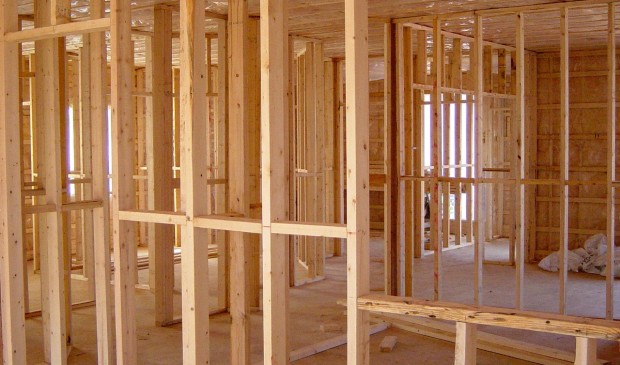Commissioners Court discusses PID policy
Thursday, January 14, 2016 by
Caleb Pritchard The Travis County Commissioners Court waded deep into the weeds of a policy marsh on Tuesday and emerged on the other side a little closer to an agreement that could have significant rewards for construction workers and the affordable housing stock in the county.
The lengthy — and at times contentious — discussion came during the court’s regular weekly voting session and focused on the creation of a policy framework governing the creation of public improvement districts, or PIDs.
According to county documents, PIDs can be set up “to help spur economic development by providing a means to improve infrastructure and promote economic growth.” More specifically, once it establishes a PID, the county would issue revenue bonds to pay for public projects including roads, sidewalks and parks in and around the district. The bond debt would then be paid back through special assessments on individual property owners within the district.
In October, the county received its first petition to create a PID from the developer behind the Wild Horse Ranch subdivision, which would plant up to 2,000 new single-family homes on 1,400 acres near State Highway 130 and U.S. Highway 290 just west of Manor. Since then, county staff have been working to craft a policy to guide the general creation of PIDs.
In December, staff presented the first rough draft of the policy to the court. This past Tuesday, they returned with several revisions.
Under the draft policy, the county would give preferential treatment to PID applicants whose projects offer a combination of community benefits, including but not limited to long-term employment opportunities, an increase in affordable housing supply or the encouragement of mass transit, cycling, walking or “any transportation options other than single-occupant vehicles.”
On Tuesday, staff recommended that the court also include in the draft policy the requirement that the construction of public improvements within the PID meet the standards of the Better Builders Program, a set of guidelines established by the Workers Defense Project that includes better wages, mandated safety training and the provision of workers’ compensation insurance.
A decent crowd of labor activists showed up as well to urge the court to go even further. Bo Delp of the WDP said he would like to see the PID policy require that all work within the district, not just the public improvements, be built under the BBP standards.
“In Texas, (a) construction worker dies on-site once every two-and-a-half days, making it the most deadly state in the country for construction workers,” Delp said. “One in five report being seriously injured on the job. And because Texas is the only state that does not require worker’s comp, many of the construction workers go to county hospitals and ask the taxpayer to pick up the bill when they can’t afford to pay for medical treatment.
“The Commissioners Court has an amazing opportunity … to serve as that bulwark against the construction industry that exploits its workers and to be a model for responsible development,” Delp concluded.
Another wrinkle left to iron out in the draft policy is the affordable housing provision, which loosely defines the term as “housing for which the occupant is paying no more than 30 percent of his or her income for gross housing costs.”
That definition left Commissioner Brigid Shea feeling less than comfortable. “I mean, if there’s no target income, that could be 30 percent of $300,000,” she said.
Assistant Budget Director Diana Ramirez explained to Shea that the intentionally vague language gives the county more leeway in negotiating different kinds of PIDs in the future.
That response still didn’t seem to satisfy Shea, who pushed for more specific language. Meanwhile, Commissioner Ron Davis, in whose precinct the Wild Horse Ranch development will be built, was palpably impatient with the back-and-forth discussions on a policy that he seemed to be ready to put his stamp of approval on.
“I want to let folks know that this is a Precinct 1 project, period,” Davis said of Wild Horse Ranch. “And Commissioner Davis is the commissioner of Precinct 1, period. And I’m going to make sure that this gets all the attention that is necessary since it is the first PID that Travis County is going to be experiencing.”
In the end, County Judge Sarah Eckhardt did not allow a vote on the draft policy but instead put off the decision on the Better Builders Program and the affordable housing language until the court’s Jan. 26 meeting.
You're a community leader
And we’re honored you look to us for serious, in-depth news. You know a strong community needs local and dedicated watchdog reporting. We’re here for you and that won’t change. Now will you take the powerful next step and support our nonprofit news organization?








